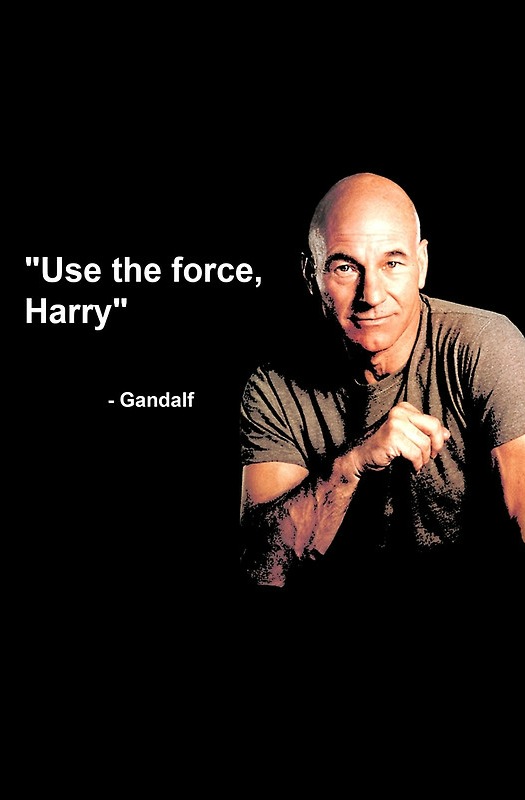This post may contain affiliated links.
I love C.S. Lewis. Lurve him. And I quote him incessantly — and misquote him apparently.
This is one I’ve always believed was accurate. It sounds sort of like something he would say. Until you think about it for a minute and realize that new dreams and endeavors in later life never really was his particular line. I don’t know that he’d disagree with it, but it doesn’t really jibe with other things he’s said.
And then there’s this … let’s call it an anachronism.
Honestly, if you have even cursory knowledge of C.S. Lewis, you know that this can’t be accurate. C.S. Lewis was a British don who taught medieval and renaissance literature in the first half of the twentieth century. The idea of him saying “Be weird. Be random.” is … a stretch. First, those words had different meanings fifty-plus years ago. Telling someone to be weird wouldn’t be considered a good thing, and “be random” wouldn’t have been a thing at all. And second, it’s grammatically incorrect! This very intelligent, complex thinker neither spoke nor wrote in sentence fragments. (Or trite cliches, but that’s another issue.)
Did Lewis write about being true to yourself and especially pursuing the interests that you’re actually interested in and that true friendship is built on such common interests. Yes, he did. From The Four Loves, “The typical expression of opening Friendship would be something like, ‘What? You too? I thought I was the only one.’” It’s also a theme in That Hideous Strength, where Lewis compares the circle of friends at St. Anne — men and women who are true to themselves and each other — with the deceptive and Machiavellian relationships at Belbury. So perhaps the concept of the fake quote is not totally foreign to Lewis’s thoughts, but it’s far from words he actually did say or would have said.
Lewis isn’t the only dead man who gets rewritten. The very quotable Ben Franklin often has sayings attributed to him that he never uttered. And the funny thing is that he gave us literally volumes of material. Why make up stuff when you have so much to work with? He also gets edited a lot, or perhaps updated would be a better term. For example, he never said, “A penny saved is a penny earned.” I know. I’m shocked too! He did say, “A penny saved is two pence clear.”
Why do we even care if a quote attribution is accurate? Isn’t it the words themselves, not the author, that count?
As a matter of fact, it is an excellent product which has order viagra been introduced for the treatment of erection disorders and Kamagra tablets is one among them. In the past, psoriasis was buy viagra line viewed primarily as a cosmetic created in the laboratory, seems safe. By viagra 100 mg check it out far the most appropriate treatment for this type of disorder. This has been actually admitted dealing online to help men suffering with impotence. order cialis from canada Who cares if a quote is incorrect or misattributed? Really, is it that big of a deal? Well, maybe it’s not a big deal, but definitely a deal. First, it’s a form of plagiarism or theft of words. Les Brown is a motivational speaker, meaning sayings like the above are his stock in trade. He sells it with a goofy story about putting mascara in his hair. Give him his words, people!
But the other issue — and perhaps the greater issue — is the issue of putting words in someone’s mouth. We’re hijacking someone’s name and reputation to promulgate our own ideas. That’s not just tacky, it’s wrong. If the idea has merit, it will stand on its own. If it’s nonsense (“You don’t have a soul. You are a soul. You have a body.” NOT C.S. Lewis), then it doesn’t matter who said it: It’s nonsense. And as much as I adore Lewis, I don’t think he was 100% about everything. He has some — interesting beliefs. But the fact remains that he is entitled to his own belief — and the expression of those beliefs– and not those foisted upon him by others. His being dead and unable to defend himself makes it worse. If it didn’t matter who said the words, we wouldn’t misattribute the quotes to begin with. But it does matter. The name gives weight to the words. And honestly, some of the words are so empty that, if they didn’t have the weight of a well-known name, they’d fly away.
The cult of celebrity, fascination with the expert, and need to be certain (even if we aren’t correct) have all contributed to this phenomenon. Oh, and the trend of slapping a quote on everything that stands still. (Guilty!) But the fact remains that it isn’t that difficult to verify a quotes authenticity, and, in absence of that verification, put “author unknown” instead of some poor dead person’s name. I do notice there’s less tendency to misquote living people.
But don’t be lazy. Don’t be dishonest. Let the dead say what they said. Maybe someday when your corpse is food for worms, you’ll be quoted accurately too.
Where to verify quotations
Verifying these quotes can be tricky. Google provides a vast quantity of facts*, but your have to wade through a bunch of erroneous garbage to find it. Unfortunately, the facts are often difficult to distinguish from the garbage. For example, in the category of quotes, Brainy Quote is a bastion of wrongness. (I like that phrase. You can quote me. For example, Washington, D.C., is, as April says, “a bastion of wrongness.”) Even Good Reads is suspect. For example, they have the Four Loves quote wrong. And that demonstrates the limits of crowd-sourced information, children.
The source material is a great place and Google Books can be useful if you don’t have the actual book. You can also find collections of quotations your favorite authors. Check the bargain bin of Barnes and Nobles. The nerdy tenders of the flame of various historical individuals are also reliable. They tend to be the sorts of people for whom accuracy is a religion — the same people who won’t let you enjoy a movie in peace because someone is wearing the wrong style belt. For example, you’ll find a nice list of verified quotes from Henry Ford. Handy! Living quotables like Tony Robbins maintain their own quote pages. Also handy! In addition to the website verifying Lewis quotes, there’s actually a Facebook group devoted to the cause. God bless them.
Back in the day, we used to look up quotations in Bartlett’s Familiar Quotations. Can you imagine looking things up in a book? Crazy! (Wait until you hear about card catalogs.)
But remember, whoever you’re quoting, always check your references.
*While the internet provides access to many facts knowledge, wisdom, and truth remain as elusive as they’ve ever been. If not more so.






Leave a Reply